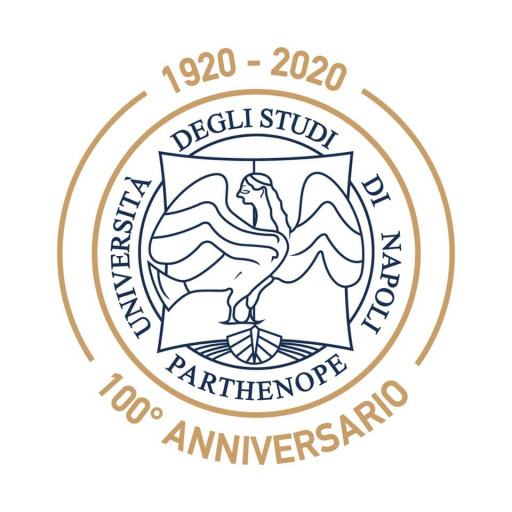Meteorology at Leibniz University Hannover is an internationally recognized program designed to provide students with a comprehensive understanding of atmospheric processes, weather phenomena, and climate systems. The curriculum combines theoretical knowledge with practical skills, preparing graduates for diverse careers in weather forecasting, climate research, environmental protection, and renewable energy sectors. Students will explore fundamental topics such as atmospheric physics, dynamics, thermodynamics, and cloud physics, alongside advanced subjects like numerical weather prediction, remote sensing, and climate modeling. The program emphasizes experiential learning through laboratory work, field studies, and internships, fostering hands-on expertise in data collection, analysis, and interpretation. Learners will also acquire proficiency in various modeling software and statistical tools essential for modern meteorological practice. The interdisciplinary approach integrates aspects of physics, mathematics, computer science, and earth sciences, enabling students to understand complex environmental interactions. The program is supported by state-of-the-art facilities, including meteorological observatories and simulation laboratories, and benefits from strong collaborations with research institutes and the regional meteorological service. Graduates will be well-equipped to contribute to society’s efforts in understanding and mitigating the impacts of weather and climate variability. The degree aims to develop analytical thinking, problem-solving skills, and a scientific mindset, fostering innovation and sustainability. Students have opportunities for international mobility and participate in research projects addressing pressing global challenges. The program prepares graduates not only for employment but also for doctoral studies and research positions, making it a solid foundation for a scientific career in atmospheric sciences.
Educational organisation
While the Bachelor's studies have provided a sound basis in the methods of atmospheric sciences, mathematics, and physics, the Master's studies will enable students to do their own scientific work. In the first year, students attend lectures, perform outdoor and laboratory work, and learn in seminars. The latter will provide insight into the research topics of the three working groups of the institute for meteorology and climatology. In the second year, the student choose topics at the forefront of research and technology development.The study programme is structured in different modules. Each module covers a thematic subject area. It can thus include more than one course and extend over more than one semester. To each module, credit points are assigned according to the expected workload. To receive credits for a module, students are expected to complete homework and perform outdoor campaigns, laboratory work, and seminars. Eventually, exams have to be passed. Some credit points may also be gained by means of industry internships.
Forms of assessment
Besides the writing of a Master's thesis, the forms of assessment are oral and written examinations as well as oral presentations (seminars). The final grade is calculated as a weighted average of the exam grades and the Master's thesis grade.Course objectives
Successful graduates of the Master's programme have deepened their knowledge in special fields of meteorology and trained self-reliant and critical examination of scientific problems. Students are enabled to analyse and solve complex scientific as well as applied tasks. As graduates, they have learned the presentation and discussion of complex issues, widened their abilities in programming, partly on high performance computers, and have learned experimental techniques in modern meteorology.Language requirements
Applicants must provide proof of their English or German skills.English language requirement: TOEFL iBT 87, IELTS 6.0, Cambridge Certificate, FCE Grade A, or equivalent
German language requirement: TestDAF (4 x TDN 4) or DSH-2 or equivalent
Students who do not fulfil the German language requirements must take basic German language courses as part of their coursework.
Academic requirements
Bachelor's degree (or equivalent) in MeteorologyEnrolment fees
Approx. 370 EUR as an administrative fee including a semester ticket for Hannover and the state of Lower SaxonyCosts of living
Please see: http://www.international.uni-hannover.de/lebenshaltungskosten.html?&L=1Job opportunities
There are many opportunities to work as a student assistant (Hiwi) or outside of the University.See: www.international.uni-hannover.de/jobben_hannover.html?&L=1
Arrival support
The International Office offers a variety of services and support for international students.It helps students in finding suitable accommodation, offers a pick-up service from the airport or railway station, provides newly arrived students with a "study buddy", and helps them deal with administrative issues. Moreover, it organises an orientation week at the beginning of each semester.
See: http://www.international.uni-hannover.de/
Services and support for international students
Every semester, the International Office organises a variety of events, workshops, and trips specifically for international students. They range from cultural, political, or historical topics to BBQs and rowing events.http://www.international.uni-hannover.de/events.html?&L=1
In addition, the International Office offers financial support for students in a situation of need.
See: http://www.international.uni-hannover.de/finanzielle-beihilfen.html?&L=1
Accommodation
The International Office, in cooperation with the "Studentenwerk" (Student Services), offers an accommodation service for all newly incoming international students and scholars. This free service can help you find a suitable room or apartment. In the event that you don't need your accommodation for a certain period of time, we can try to help you to rent out your room.Please contact: zimmervermittlung@io.uni-hannover.de




